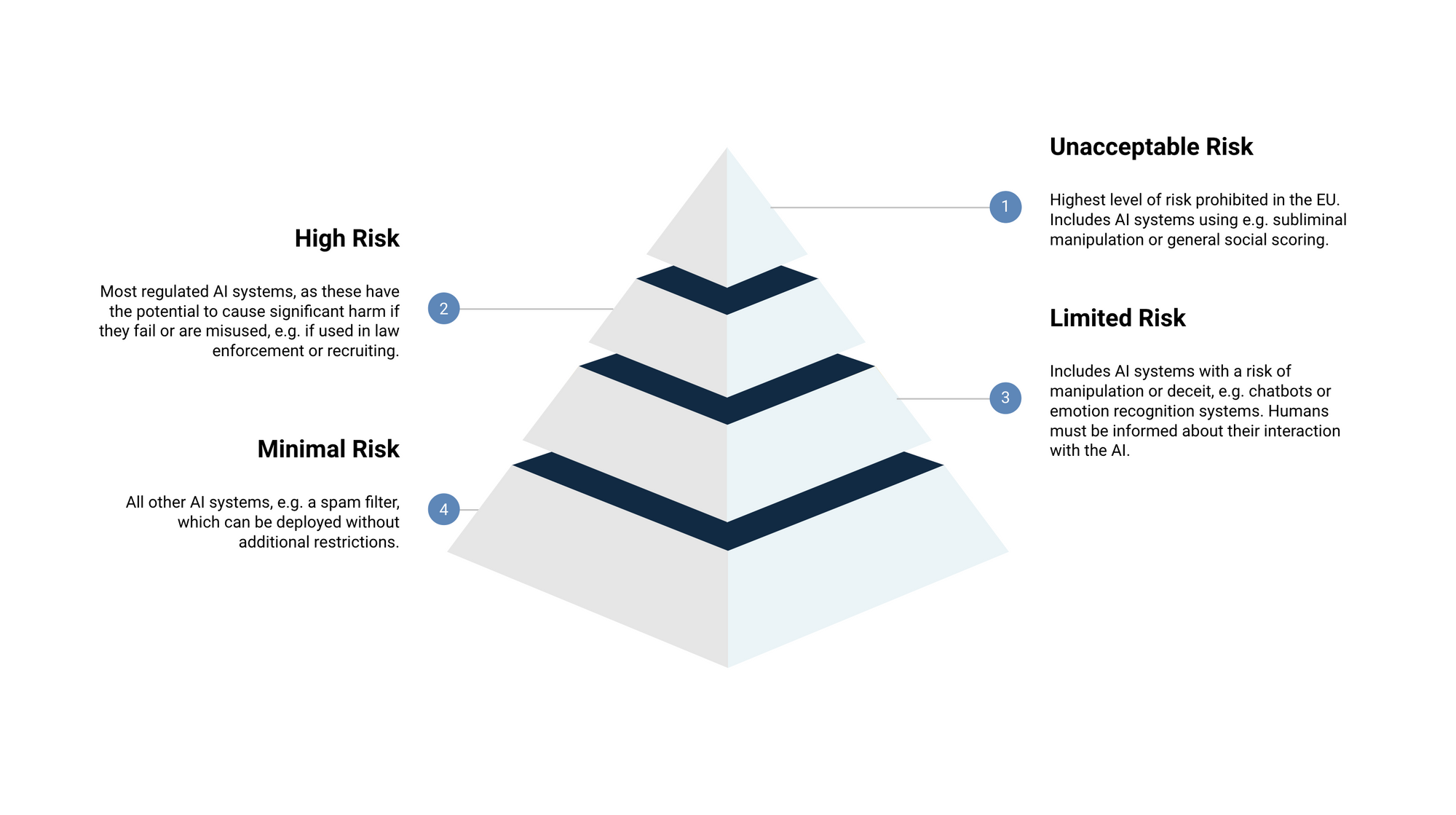🇪🇺 The EU AI Act
The EU AI Act establishes comprehensive AI regulations to ensure safety, ethics, and global compliance.

Today's Highlights
- Impact of the EU's AI act
- This Week On BuzzBelow - a recap on this week's topics
- In Other News - a few interesting developments we're tracking
The European Union's AI Act, adopted in May 2024, marks a pioneering effort to regulate artificial intelligence, establishing the first comprehensive set of rules worldwide. This legislation aims to foster the development of safe and trustworthy AI technologies while protecting fundamental rights and ensuring ethical use.
Key Features of the EU AI Act
- General Purpose AI (GPAI) - The Act also addresses GPAI, systems capable of performing a wide range of tasks. Providers of GPAI must document their training processes, cooperate with high-risk AI system providers, and ensure downstream compliance.
- Compliance Requirements - For high-risk AI systems, providers must undergo third-party conformity assessments and meet extensive cybersecurity, privacy, and data governance standards. Deployers of AI systems must follow the prescribed instructions and manage any substantial modifications throughout the system's lifecycle.
- Staggered Implementation Timeline - The AI Act's provisions will come into effect gradually. Provisions for banned AI systems will apply within six months of the Act's publication. Requirements for GPAI will start a year after adoption, with the majority of obligations taking effect two years post-adoption. This phased approach allows businesses time to adapt to the new regulations.

Implications on Business
Businesses operating within the EU or offering AI-related products and services to the EU market must align with the AI Act. This includes reassessing AI systems for risk levels, updating compliance and documentation processes, and potentially renegotiating contracts to reflect the new obligations. For providers, clear communication and robust technical documentation will be essential to facilitate compliance for deployers and other downstream users.
The EU AI Act sets a precedent for AI regulation, aiming to balance innovation with the ethical and secure deployment of AI technologies. It is expected to influence AI governance globally, encouraging other regions to develop similar frameworks.
This Week on BuzzBelow




In Other News






